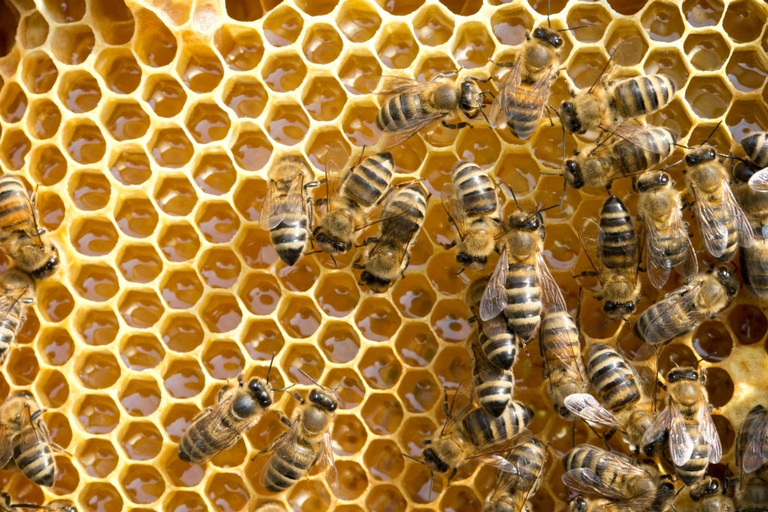
Our species took its first steps in a world covered in trees. Today, forests offer us sustenance, shelter, and clean the air that we breathe.
This happened in South Carolina, where millions of bees have died due to massive use of an insecticide used against mosquitoes.
It happened on Sunday 28 August in Dorchester County, South Carolina. Millions of bees have died in tens of apiaries in the area. Not for natural causes, but due to Naled, a neurotoxic insecticide that kills mosquitoes on contact.
The story was told by Washington Post reporter Ben Guarino, who wrote that on that Sunday, from 6.30 a.m. to 8.30 a.m., a small airplane flew over the town and sprayed the insecticide. A local beekeeper wrote what happened next on Facebook: millions of bees fell dead at hive entrances. According to estimates, in that area alone 2.5 million bees died in 46 different hives. It was “like visiting a cemetery”.
The United States began using the insecticide in 1959, mostly to kill adult mosquitoes, but also on food crops, feed and greenhouses. According to the Environmental Protection Agency (EPA) the insecticide has no effects on human health but exposure to it isn’t recommended. Yet the effects on honeybees are completely different. A scientist at Clemson University collected soil samples, analysed them to provide evidence of what happened.
South Carolina is a damp region where the problem of mosquitoes is tackled by dispensing this insecticide that kills mosquitoes and their larvae, also to prevent potential West Nile and, more recently, Zika virus infections. Up to today, in this State 12 cases of Zika virus infection have been reported and are all travel-related.
The county Department stated in a press release that it is aware that some beekeepers have lost entire bee communities. And it confirmed that there are no other programmed operations. “Dorchester County is concerned about the safety of its citizen”, it wrote. “This includes protecting citizens from insect bites from pests such as mosquitoes that carry viruses including West Nile and Zika”.
Siamo anche su WhatsApp. Segui il canale ufficiale LifeGate per restare aggiornata, aggiornato sulle ultime notizie e sulle nostre attività.
![]()
Quest'opera è distribuita con Licenza Creative Commons Attribuzione - Non commerciale - Non opere derivate 4.0 Internazionale.
Our species took its first steps in a world covered in trees. Today, forests offer us sustenance, shelter, and clean the air that we breathe.
La moria delle api è anche un problema finanziario che potrebbe colpire a cascata i profitti di innumerevoli industrie e, quindi, i loro investitori.
European bees are poisoned by a cocktail of 57 pesticides, according to a new study. 98% of these substances are regularly approved for use by the EU. And bees are dying off. European bees are exposed to at least 57 different types of weed killers. This shocking figure was revealed by research conducted in
Poachers in Africa are encroaching on wildlife land and killing rhinos in travel hot spots now devoid of visitors due to the coronavirus pandemic.
Actor and environmental activist Leonardo DiCaprio has contributed two million dollars to a fund to protect Virunga National Park in Congo from threats such as terrorism, the coronavirus and poaching.
For the first time in seventeen years, Iceland’s two main whaling companies won’t resume whale hunting. The announcement concerns this year’s season but could carry into the future.
The relationship between the coronavirus and wildlife is complex: while the pandemic may lead to a reduction in the illegal trade in wild animals, it may also encourage it in other respects.
The largest coral reef in the world is severely threatened by climate change, but researchers are developing strategies that could contribute to saving the Great Barrier Reef.
NGO Free the Bears has opened a mountain sanctuary for moon bears in Laos. With the government’s help, it aims to close all bile farms by 2022.








